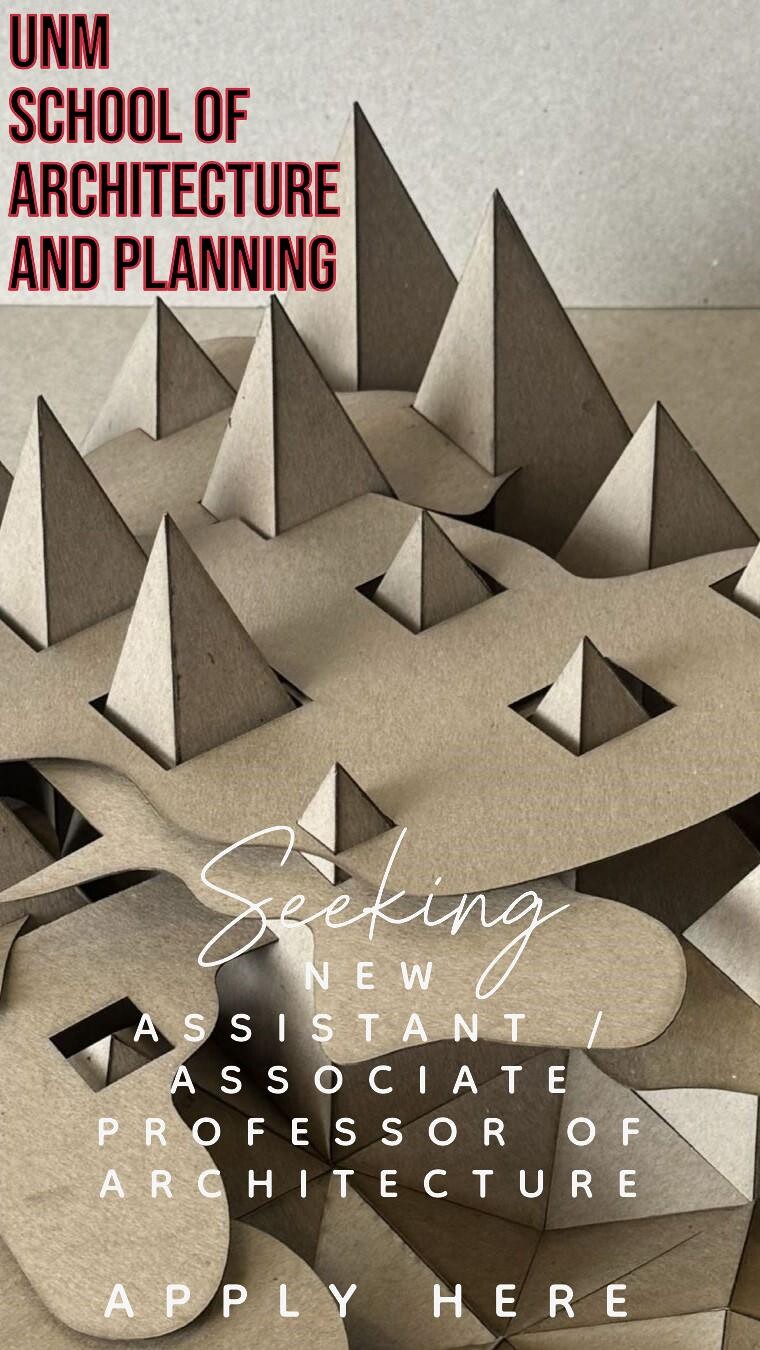Aesthetics of Resistance
Straub-Huillet and Contemporary Moving-Image Art
Admission starts at $5
March 14, 2023, 7pm
Brooklyn, NY 11205
USA
Join us at e-flux Screening Room on Tuesday, March 14 at 7pm for a screening of An Untimely Film for Every One and No One (2018) by Ayreen Anastas and Rene Gabri, followed by an in-person discussion with the artists.
In 2007, Ayreen Anastas made a journey through Algeria, Egypt, Jordan, Lebanon, Morocco, Syria, and Tunisia, collecting materials for a film with the working title “A Film for Every One and No One.” The film was intended as an adaptation of Friedrich Nietzsche’s Thus Spoke Zarathustra in the contemporary Arab world. In the ensuing years, a period of planetary unrest, a near collapse of the global capitalist financial system, followed by new policies of austerity, brutality, further enclosures, and waves of resistance. Those reorderings and collapse of worlds gave rise to revolutionary aspirations and their correlated apocalyptic doppelgängers. In 2018, together with the philosopher Jean-Luc Nancy and the artist Rene Gabri, an attempt (the first of four) was made in the midst of the unfolding struggles and wars (which we are still enduring) to produce an untimely version of this hitherto uncompleted film.
The screening constitutes the third and final event of Films to be Made and Unmade, the last of four chapters chapter of Aesthetics of Resistance: Straub-Huillet and Contemporary Moving-Image Art, a series of screenings taking place at e-flux Screening Room in monthly chapters between December 2022 and March 2023. Read more on the series here.
Aesthetics of Resistance: Straub-Huillet and Contemporary Moving-Image Art is produced and organized by e-flux; with the support of the German Film Office, an initiative of the Goethe-Institut and German Films.
Ayreen Anastas and Rene Gabri, An Untimely Film for Every One and No One (2018, 90 minutes)
How to describe a film that is undoing itself? A film that starts in the middle and never ends. A film in which essay and assay are reunited. A film that does not separate the time of its making from the time of its viewing. A time present to itself refracted in a cinematic space of images, sounds, questions, gestures, games, Nietzsche and his Zarathustra welcomed in Algiers, lost in the streets of Damascus and the screens of Beirut, désœuvrement, death of God and the world thereafter.
Ten Notes on the Unmaking of Art In the Epoch of Civil War and a Post-Fascist Fascism
By Ayreen Anastas and Rene Gabri
January, 2017
1. To make anything, especially art today, one must first have a relation to the making’s unmaking.
2. Unmaking, asks of us, to not …
- hold back
- let a wave or two or even three pass
- do nothing (though this remains immanent in any doing) rather it asks of us … to radically question the conditions, merits, uses, futures, pasts of any making.
3. But this unmaking is no navel-gazing, it is neither an order, code or law, nor an injunction through guilt, coercion, duty - it is not self-reflexivity for the sake of itself. It is not an ethics of stasis (standing, station, state, existing, stand, having stability) as of standing in place, remaining in place, a position not evolving but of dissension, insurrection, uproar. It looks at itself to confront itself, to disagree with what it does or makes.
4. Unmaking brings the war home, ‘so to speak’.
5. In the unmaking, the private principle of work is brought to a public which does not yet exist; it is without a demos, an a-demia, ‘the people are missing.’
6. It is neither a resolution of the dissension, of the conflict, nor its culmination, its representation, its absolution.
7. Unmaking is a ‘weighing-in’: a taking sides which has the potential to alter the sides, the sides which take part in this war, this stasis (here as civil war), in which they may not know, recognize themselves as part-takers.
8. When one is confronted with the conditions of an interminable unnameable assault, warfare on the land, on the peoples (understood as multitudes), on the difference, on the earth, on life, on the dead, on plants, and ants, on seas, bees, trees, and … in the name of economics, politics, security, police … any making is a taking sides with, on the side of, (tacitly) with those, who wage war in those names.
9. Unmaking is the unworking and making visible this silent complicity [of the makers of war and those other makers].
10. We are not able to make art in the midst of this ever extensive and de-territorializing war, we can only unmake it.
For more information, contact program@e-flux.com.
Accessibility
–Two flights of stairs lead up to the building’s front entrance at 172 Classon Avenue.
–For elevator access, please RSVP to program@e-flux.com. The building has a freight elevator which leads into the e-flux office space. Entrance to the elevator is nearest to 180 Classon Ave (a garage door). We have a ramp for the steps within the space.
–e-flux has an ADA-compliant bathroom. There are no steps between the Screening Room and this bathroom.


